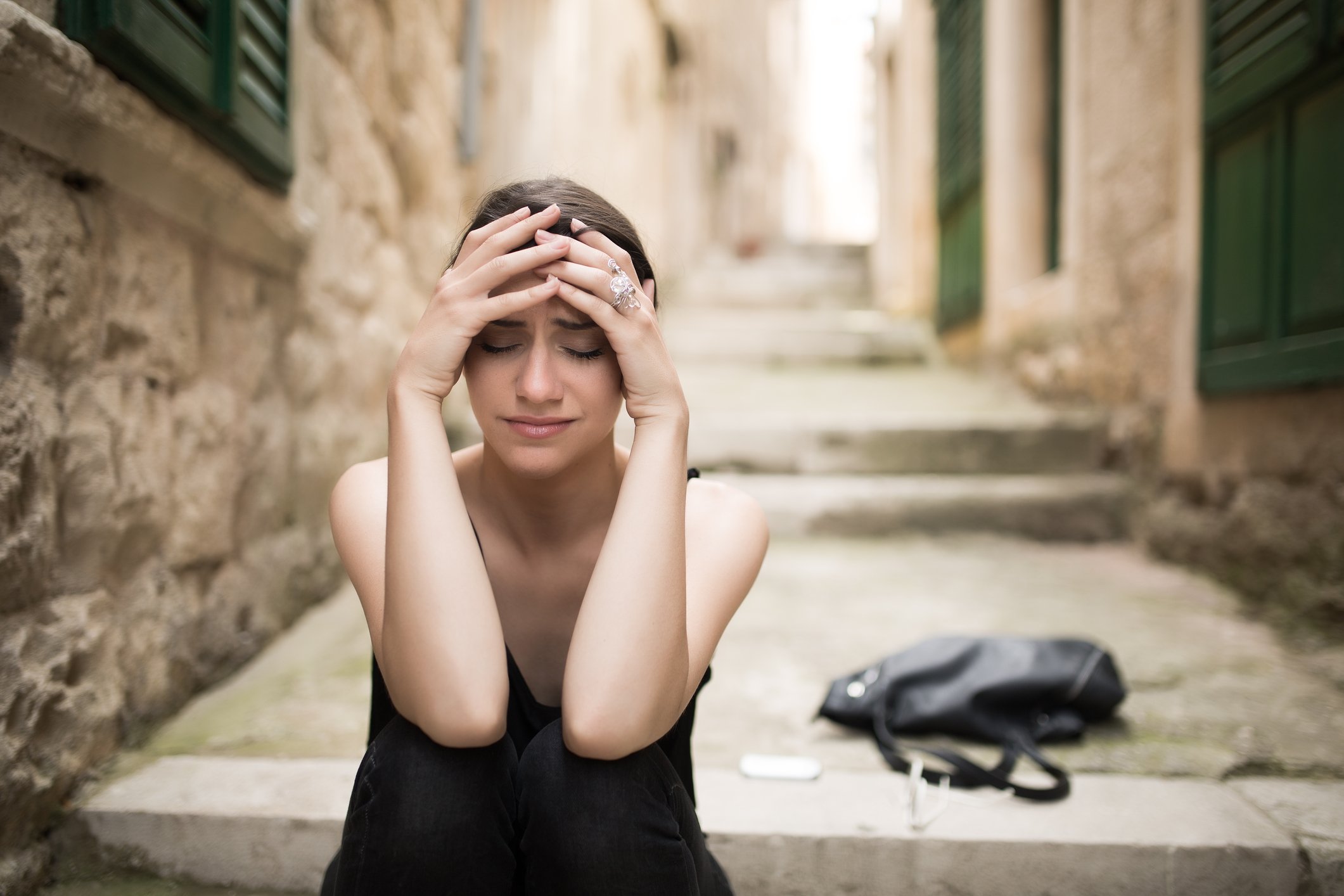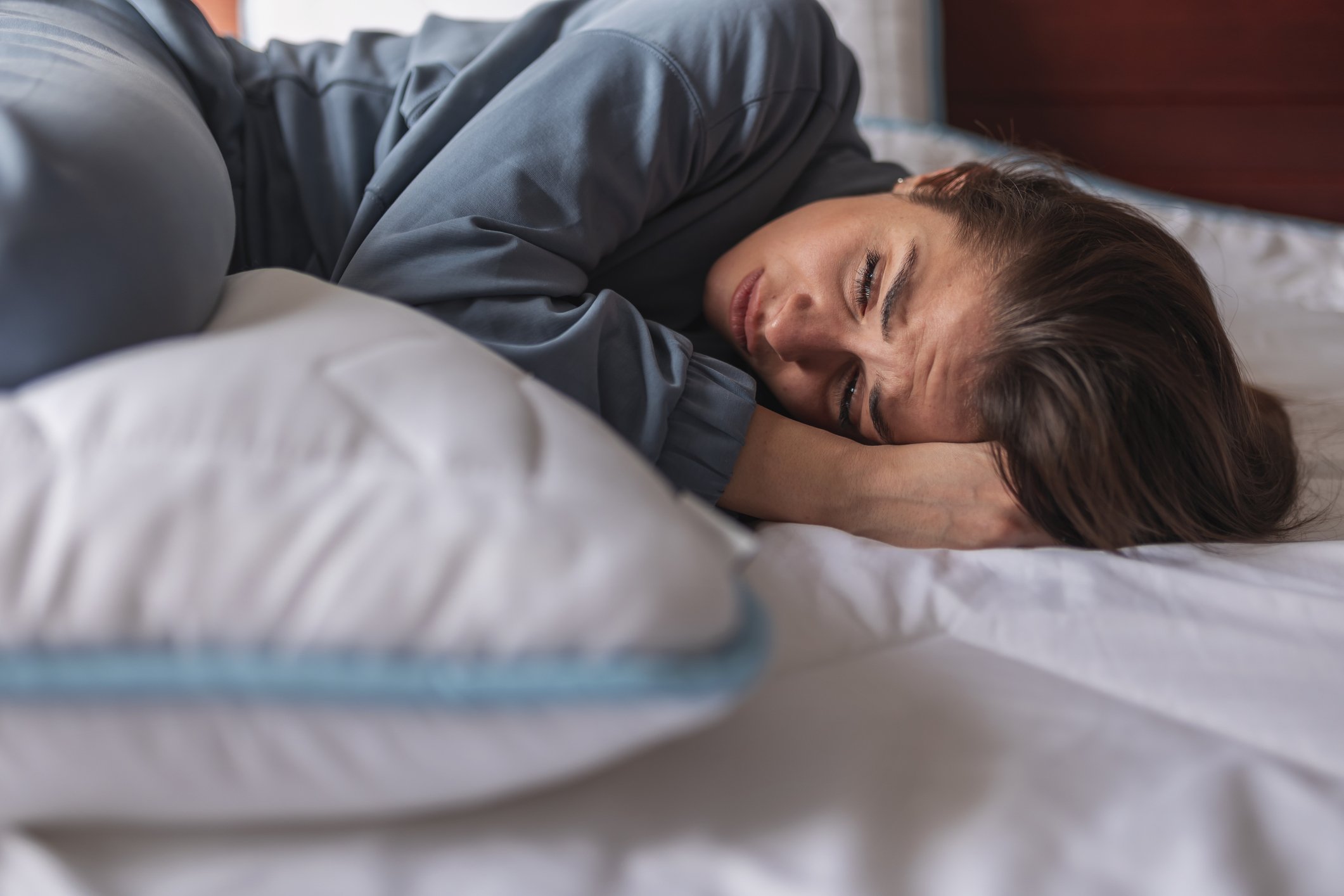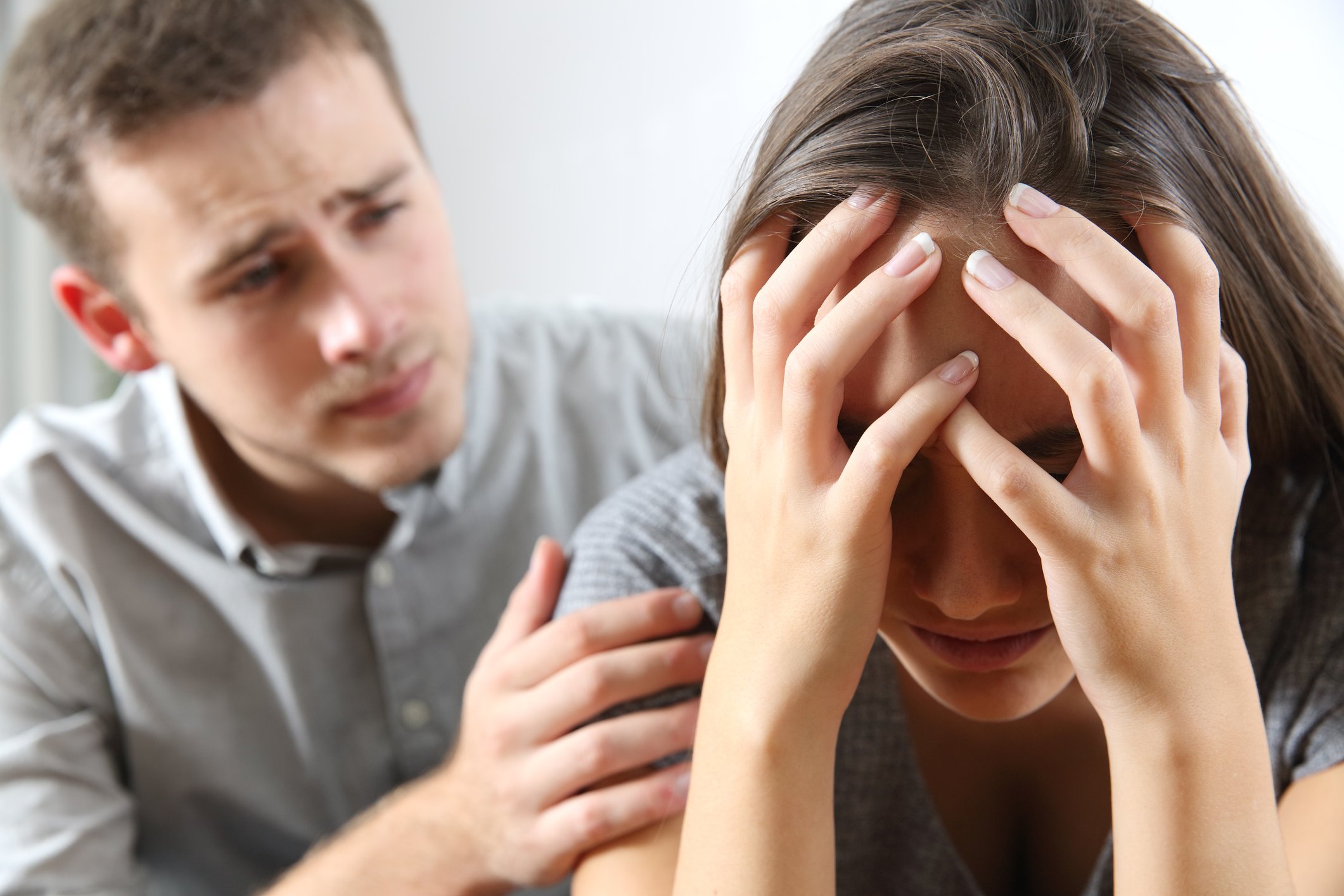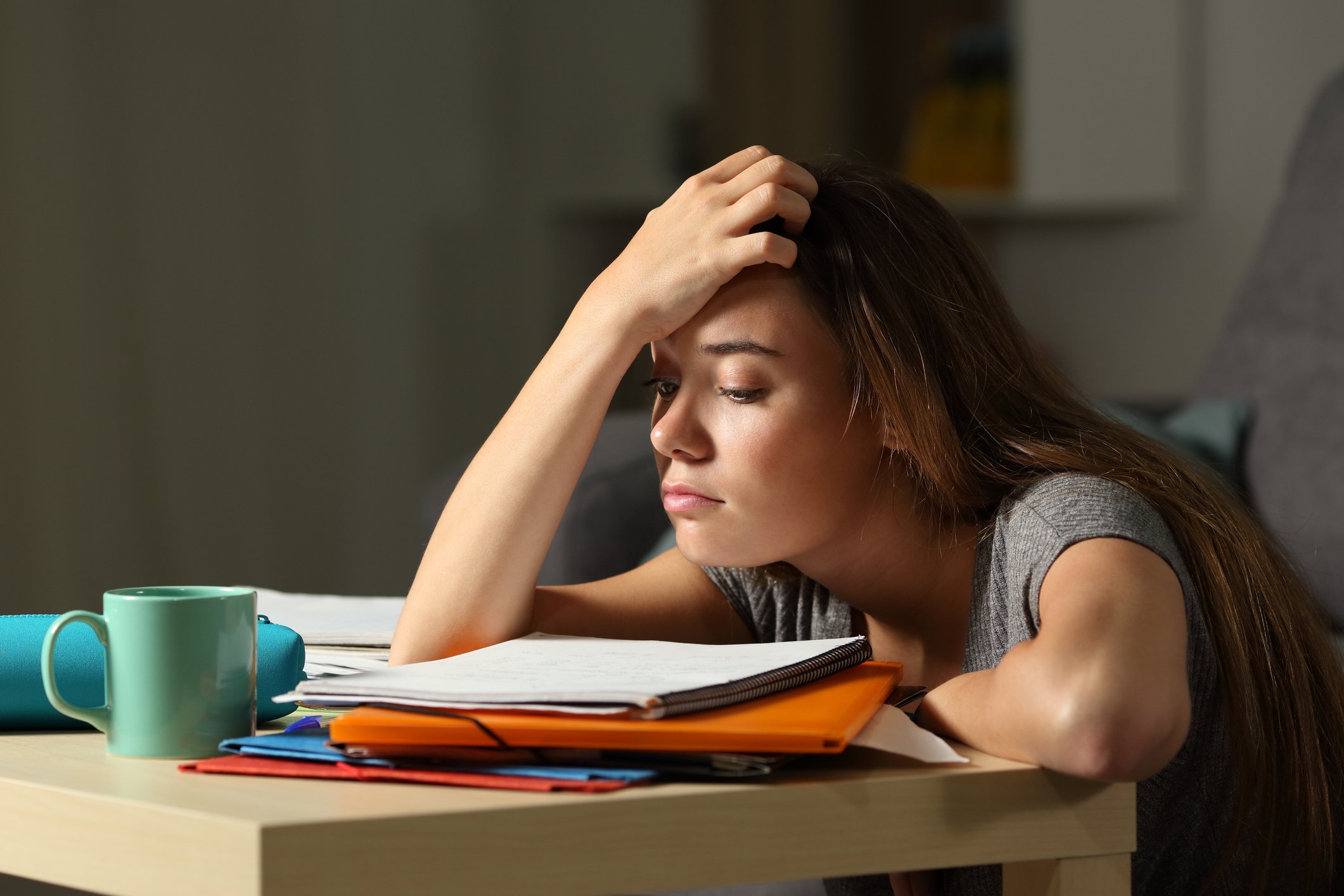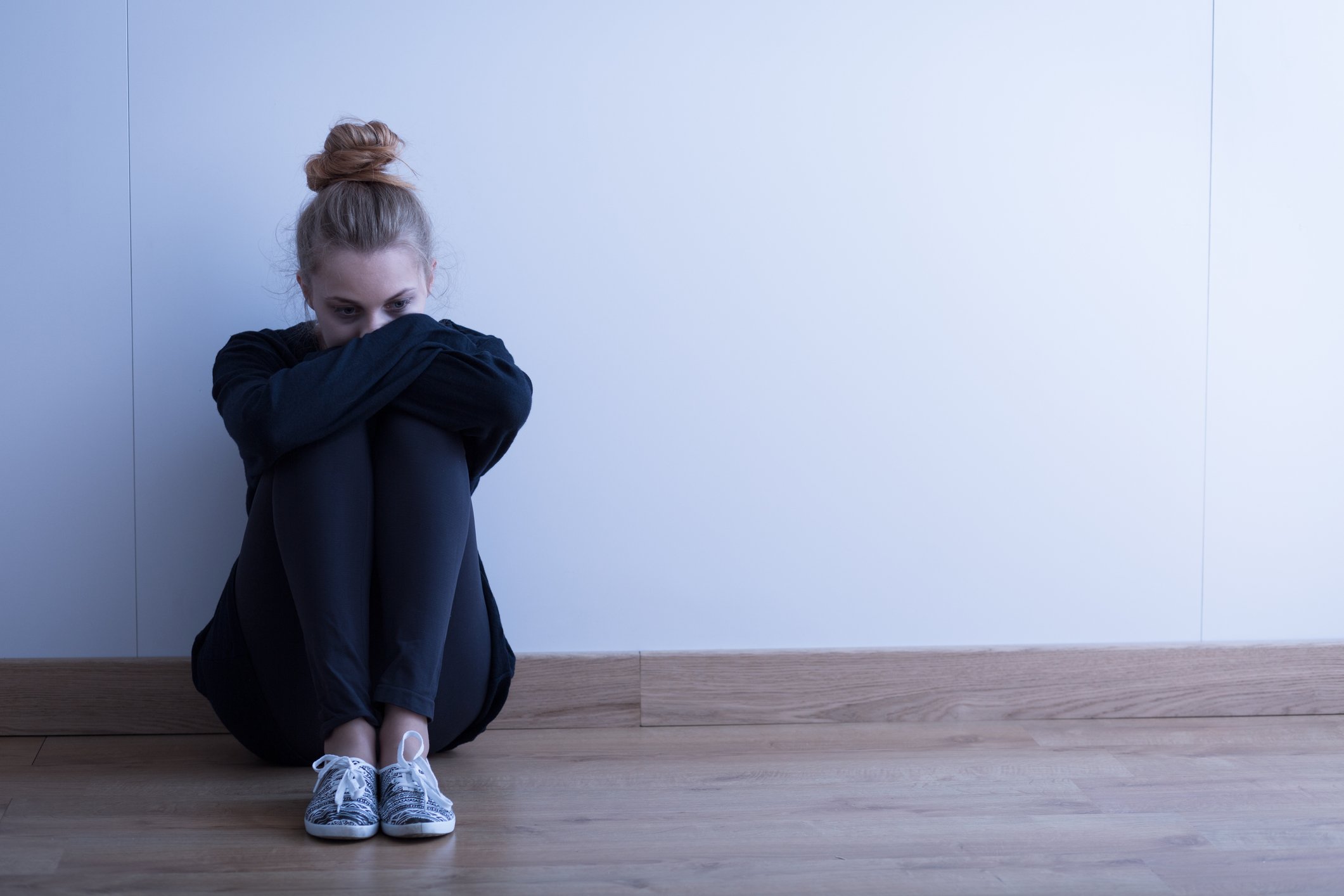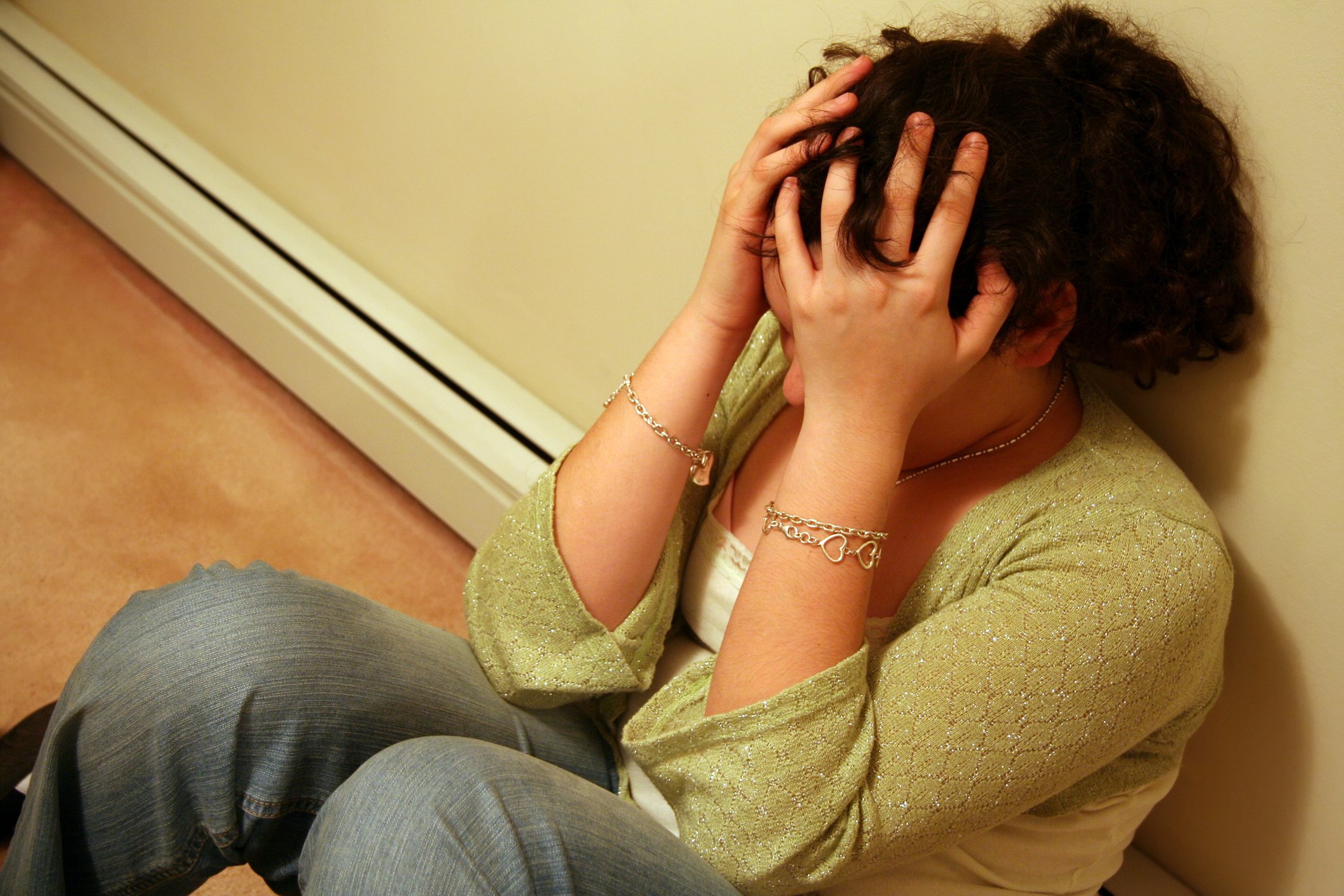Depression vs. Sadness: Why It’s Not the Same Thing
Introduction
Everyone feels down sometimes. Maybe you failed a test, had an argument with a friend, or just feel a bit off for no reason. But when those feelings don’t go away — when the heaviness lingers — you might start wondering: Am I just sad… or is this something more?
Sadness and depression can look similar on the surface, but they’re not the same thing. Understanding the difference is a big step in looking after your mental health — or helping someone else look after theirs.
Let’s break it down in a way that makes sense.
What Is Sadness?
Sadness is a normal, healthy emotion. It’s your brain reacting to something upsetting — like a breakup, losing a pet, or even just a rough day. It might make you cry, feel low, or want to be alone for a while.
But here's the thing: sadness usually fades. It might last a few hours or a couple of days, but you’ll still find moments of laughter, feel motivated to do things, and be able to move forward, bit by bit.
Sadness is temporary. And it doesn’t mean something is wrong with you.
What Is Depression?
Depression is more than just feeling sad. It’s a mental health condition that can affect how you think, feel, and act — for weeks, months, or even longer. It’s not always triggered by something specific, and it doesn’t just "go away" with time.
You might feel:
Like you’ve lost all interest in things you once enjoyed
Constantly tired or drained, even after sleeping
Hopeless, worthless, or numb
Struggle to concentrate, eat, or sleep normally
Like you're pretending to be okay when you're really not
Some days, getting out of bed might feel impossible. It’s not about being dramatic — it’s about struggling with something real and powerful.
“Sadness is a normal human emotion. Depression is a medical condition. They’re not the same. Sadness is like a passing raincloud. Depression is like a storm that won’t lift.”
When Sadness Becomes Something More
Sometimes, sadness can grow into depression — especially if it sticks around or is part of a bigger struggle like bullying, trauma, grief, or pressure to always be “okay.”
It’s not about being weak. It’s about knowing when your mental health needs extra support.
Ask yourself:
Have I felt like this for more than two weeks?
Am I no longer enjoying anything I used to?
Do I feel hopeless or like things won’t ever get better?
Am I struggling to do normal stuff — like school, hobbies, or even getting dressed?
Have I had thoughts of hurting myself?
If you said yes to a few of these, you’re not alone — and it might be time to talk to someone.
When to Get Help
You don’t have to “hit rock bottom” to reach out. Whether you're dealing with depression or just feeling stuck in sadness, talking about it helps.
Try speaking to:
A parent or trusted adult
Your school counsellor or mental health support at school
Your doctor (GP)
A mental health helpline like Childline (0800 1111) or Samaritans (116 123)
Even if you’re not sure what you’re feeling, that’s okay. You don’t need all the answers before you speak up.
Final Thought
Sadness is something we all experience. Depression is something many people silently battle with — and it’s nothing to be ashamed of. The most important thing is knowing the difference and being kind to yourself, no matter what you're feeling.
You’re not alone. And whatever you're going through, there’s help available — and hope ahead.
FAQ’s
-
If your low mood has lasted more than two weeks, you're losing interest in everything, and everyday tasks feel like too much, it could be depression. Sadness usually fades; depression sticks around and affects your daily life.
-
Yes. If sadness goes on for a long time or if you're dealing with stress, trauma, or loss, it can develop into depression — especially if you’re not able to process those feelings or get support.
-
Unfortunately, yes — but that doesn’t mean you should ignore it. The teen years come with a lot of pressure and change. If you're feeling low a lot of the time, it’s okay to ask for help.
-
Sometimes it can improve with time, lifestyle changes, or support from loved ones. But often, depression needs proper treatment — like therapy, medication, or a combination of both. The earlier you get help, the easier it is to recover.
-
Check in with them. Let them know you’re there, and encourage them to talk to someone they trust. You can also speak to a trusted adult or school staff if you're worried — you're not being a snitch; you're being a good friend.

